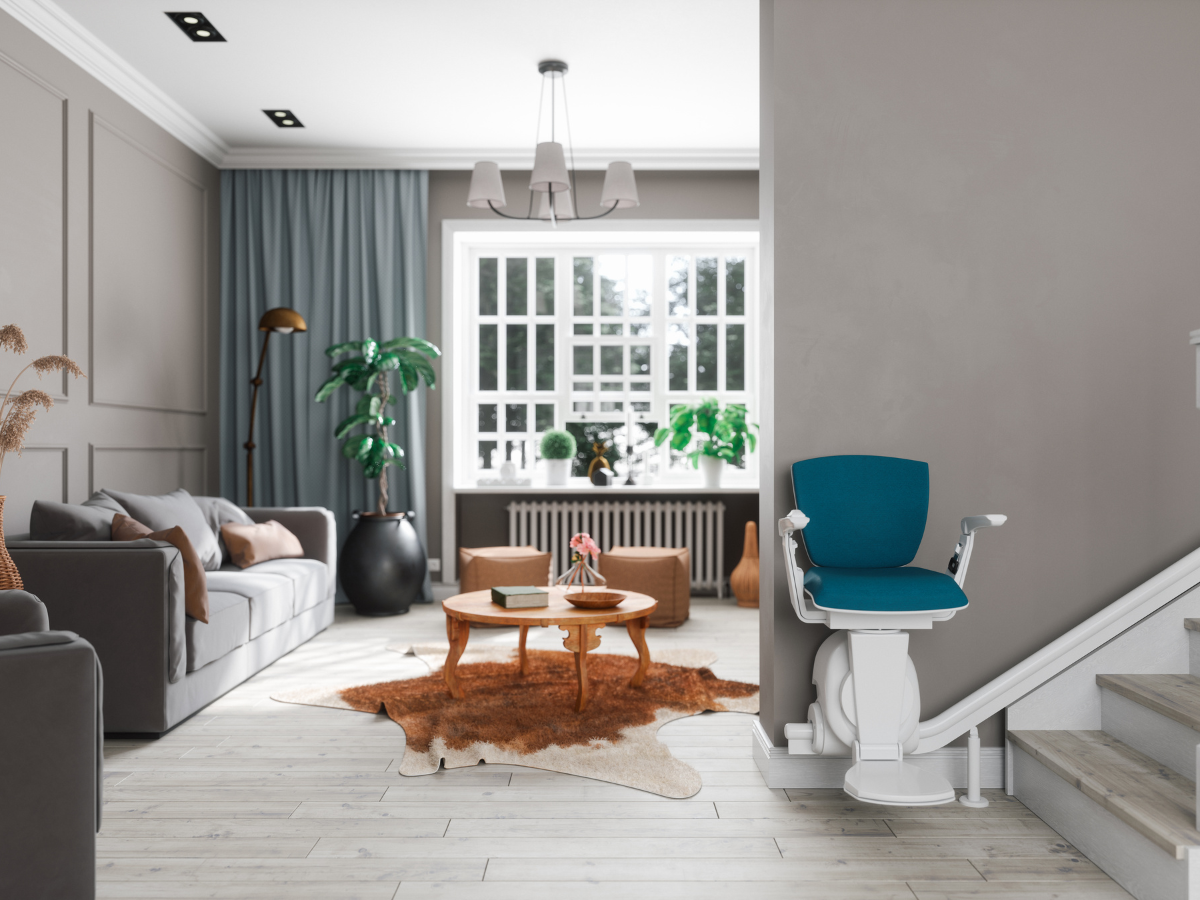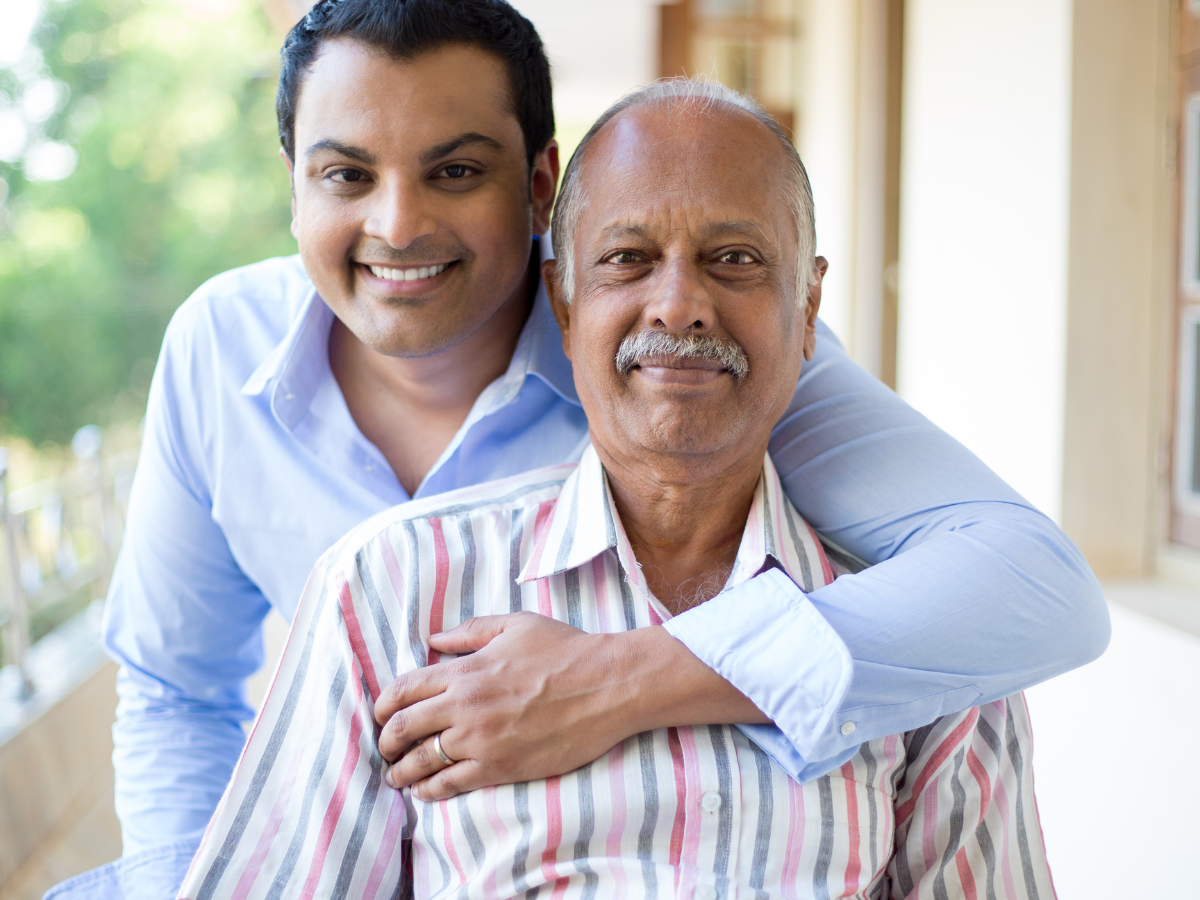Think about it. Even in our toddler years, many of us were insistent upon doing things on our own. Just ask any parent of a three year-old how often they hear the words “I want to do it myself!” and you’ll know that independence is something we all value from an early age. If you’re not convinced, ask a teenager just how much he/she enjoys having to adhere to the curfews set forth by Mom and Dad.
The point, of course, is that we all inherently cherish the ability to do things for ourselves. So, just imagine living your entire life being independent practically taking it for granted only to get to a point when you require assistance with many or all of what used to be life’s easiest tasks. Getting dressed, using the washroom, climbing the stairs these are all activities that can present a senior citizen with great difficulties.
How can caregivers help to restore independence in seniors?
It’s important, first and foremost, to respect an elderly individual’s emotional state. It certainly can’t be easy to have to depend on someone else to help with seemingly simple physical activities. Especially when such activities would generally require privacy bathing, for example it can be mentally strenuous. As a result, it’s necessary for caregivers to focus on both the emotional and physical well-beings of the seniors they help.
Our friends at Comfort Keepers, who have an office in Calgary, refer to it as “interactive caregiving”. “Interactive caregiving is a method of caring for seniors that promotes physical, mental, social and emotional well-being,” they explain on their website, “When put into action, this philosophy focuses on the person as a whole, helps seniors live the highest possible quality of life by keeping them happy and engaged, and fosters healthy independent living within their own homes.”
Focusing on “little things” is a big deal.
When you practice interactive caregiving, you’re aware that allowing your elderly loved ones to handle the “little things” can make a big difference in their emotional well-beings. Something as supposedly small as asking a senior if he/she would like to retrieve a fork from the drawer before dinner instead of automatically getting it for him/her can help with giving that senior a stronger sense of independence.
According to Gary Drevitch on Forbes.com, “while many of us focus on big-picture priorities when we plot a future of aging in place living near family and quality doctors and maintaining our ability to drive, for example experts on the ground have discovered that it is more often the little things, like being able to use kitchen utensils and navigate steps, that end up limiting our ability to remain independent.”
At Advantage Home Health Solutions, we’ve made it no secret that helping to restore the independence of our clients is a top priority. If you have any questions about the independence-promoting mobility solutions, stair lifts and bathroom accessibility devices that we have to offer, please don’t hesitate to contact us to ask them. Give us a call at 403-460-5438. You may also email us by filling out the form on our Contact Us page!



